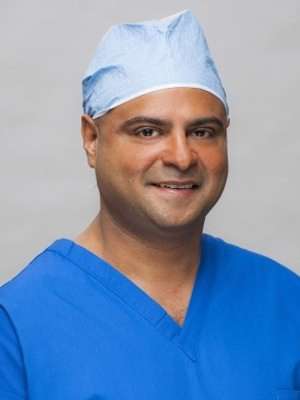The guidelines provided by the New York State Workers Compensation Board offer fundamental principles for the use of implantable spinal cord stimulators (SCS) for non-acute pain. These directives aim to assist healthcare professionals in the appropriate application of SCS devices within the scope of comprehensive care.
Healthcare professionals with expertise in utilizing implantable spinal cord stimulators can rely on the guidance outlined by the Workers Compensation Board to make well-informed decisions about the most suitable use of these devices for their patients.
It is crucial to emphasize that these principles are not intended to replace clinical judgment or professional expertise. The utilization of implantable spinal cord stimulators should involve collaboration between the healthcare provider and the patient, considering individual factors such as pain management goals, suitability for the procedure, and potential risks associated with implantation.
Spinal Cord Stimulator and Intrathecal Drug Delivery
Implantable Spinal Cord Stimulator (SCS):
- Spinal Cord Stimulators (SCS) aren’t automatically approved procedures; providers must seek pre-authorization from the carrier before performing the procedure. Also known as dorsal column stimulators, they utilize implanted electrical leads and a battery-powered pulse generator.
- Before considering SCS, patients may explore enrollment in an authorized Functional Restoration Program. Declining this doesn’t rule out SCS implantation.
Indications:
- SCS is prescribed for chronic back or neck radicular pain, notably in patients with failed neck or back surgery syndrome, meeting specific criteria like persistent severe radicular neck or back pain and exhaustive attempts at conservative non-surgical treatments.
- Indications also extend to aiding the management of chronic intractable pain of the trunk and/or limbs, including conditions like CRPS Types I and II, phantom limb pain, and chronic limb ischemia.
- A short-term trial of a non high-frequency SCS may be considered for chronic, intractable pain secondary to chronic critical limb ischemia, subject to specific criteria like failure of conventional medical management and a mental health evaluation.
- In select situations, SCS may be considered even without prior low back or neck surgery, emphasizing the importance of proper patient selection. Comprehensive psychological evaluation is crucial to assess patient suitability, ensuring realistic expectations and adherence to prescribed treatments.
- The evaluation should confirm the absence of primary psychiatric risk factors and a history of motivation and adherence to treatments. Tolerance and dependence, distinct from addictive behaviors, don’t preclude implantation.
- Conditional pre-authorization is required for a SCS screening trial, with selection of the device tailored to the individual case, supported by a clear medical rationale.
SCS Neurostimulation Screening Trial:
- During the SCS neurostimulation screening trial, patients are provided with a temporary external neurostimulation system, typically for 3 to 7 days. They utilize this external system while going about their daily activities.
- Following the conclusion of the screening test, the results are assessed to determine if the patient qualifies for a permanent SCS implantation. It’s advised for the patient to maintain a pain and activity diary throughout the screening trial.
- A screening test is deemed successful if certain criteria are met:
- Stimulation adequately covers the patient’s pain areas (if using a paresthesia-based system).
- The patient finds the sensation of stimulation comfortable (if using a paresthesia-based system).
- There’s a minimum of 50% reduction in pain, verified by a validated pain measure like the Visual Analog Scale (VAS) or Numerical Rating Scale (NRS).
- Objective functional improvements or reduced use of pain medications are demonstrated. These gains should be evaluated and documented before and at the end of the trial.
Permanent SCS Implantation:
- If the screening trial yields positive results, the treating physician must seek preauthorization from the carrier to proceed with implanting a permanent SCS.




